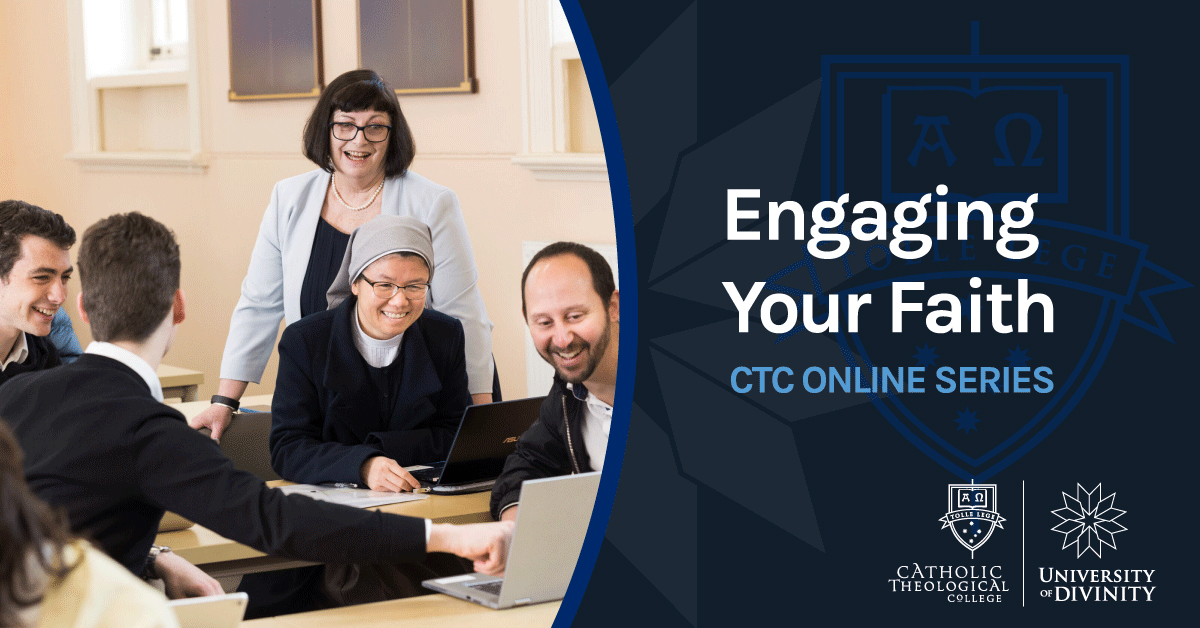Engaging Your Faith
Engaging Your Faith is a series of short, online presentations that invite participants to reflect on what it means to be people of faith in the contemporary world. Experienced academics from Catholic Theological College present on a variety of topics such as: science and faith issues including AI, moral theology, the papacy, Eucharist, St Paul, religion and ethics, and Jubilee of Hope.
Accreditation
- In Victoria, these sessions are accredited by MACS for professional learning hours contributing to Accreditation to Teach in a Catholic School and for those maintaining accreditation.
- In Queensland, these sessions are eligible for accreditation hours to Teach Religion or Teach in Catholic Schools. For further details about the allocation of credit hours, staff should check with their accreditation team in their education office.
- In other dioceses, staff should check with their education office.
Cost
- $25 per session: General audience
- $40 per session: Teachers applying for Catholic school accreditation
Book online
All sessions are booked directly through Humanitix.
Please note that registrations close at 5pm two business days before each session.
Sessions running in 2026
Details to come
